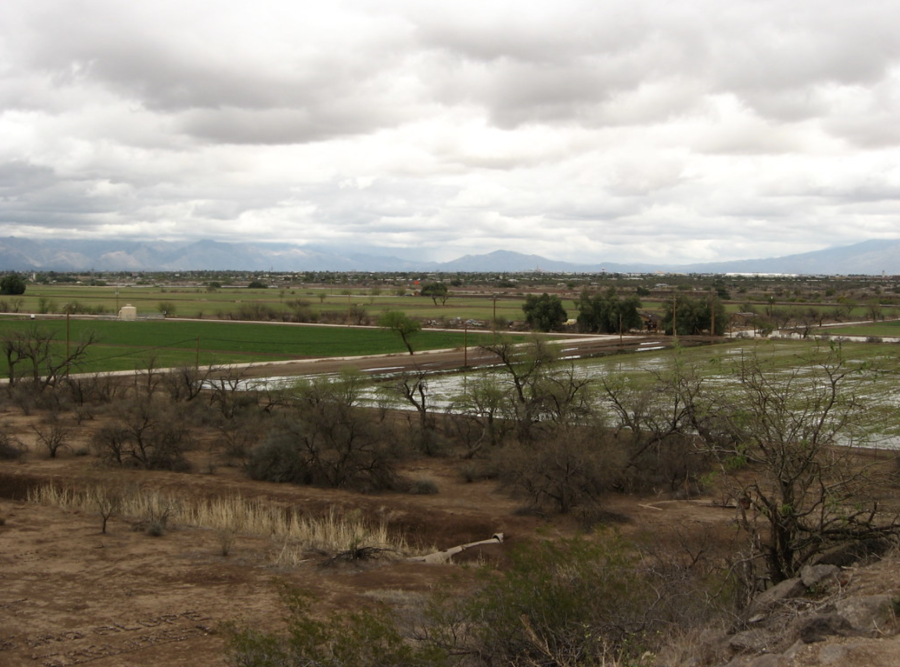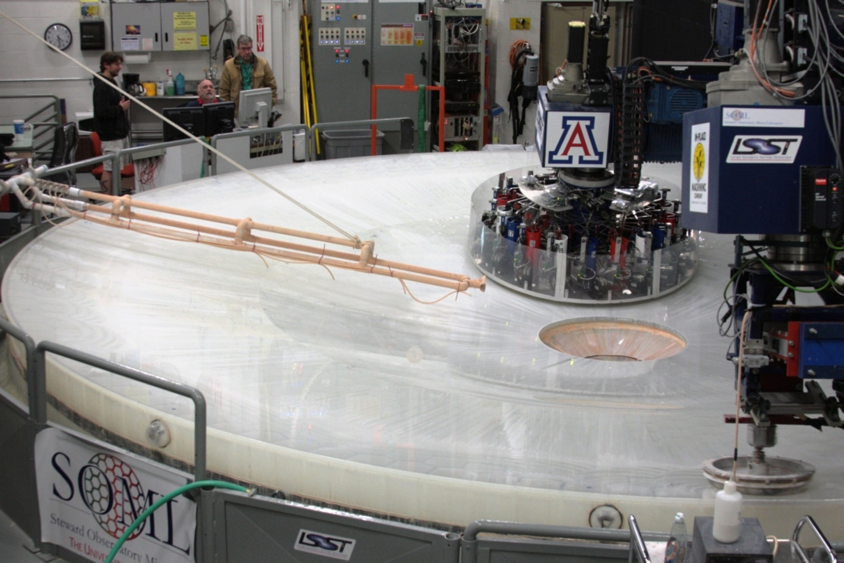With cases of COVID-19 on the rise in virtually every part of the nation, minority groups, namely Native Americans, continue to face disproportionately higher rates of severe infections and deaths due to COVID-19. In Arizona, Native Americans comprise just 5% of the state’s population, yet make up 11% of known deaths due to the coronavirus.
A report out of the Centers for Disease Control and Prevention from August found that in 23 states with adequate race/ethnicity data, the cumulative incidence of laboratory-confirmed COVID-19 among Native American and Alaska Native persons was 3.5 times that among non-Hispanic white persons.
In an effort to better handle a potential second wave of infections, the Tohono O’odham Nation donated $1 million each to the University of Arizona and Arizona State University this week.
The Tohono O’odham Nation is a federally-recognized tribe that includes approximately 28,000 members occupying tribal lands in southwestern Arizona. The Tohono O’odham Nation is the second-largest reservation in Arizona in both population and geographical size.
“The [UA] is proud to partner with the Tohono O’odham Nation, particularly as our main campus is on their ancestral homelands,” said UA President Dr. Robert C. Robbins. “The Nation’s support will allow this work to continue and expand, and help Arizona emerge stronger from this pandemic.”
RELATED: Minority groups hit disproportionately harder, pandemic exposes racial disparities in healthcare
Recently, Arizona has seen a number of days with more than 1,000 reported daily cases for the first time in weeks. Arizona is also seeing an increase in test positive percentage, with values touching 10% across the state.
As of Oct. 14, the Tohono O’odham Nation reported 555 cases of COVID-19 alongside 28 deaths. The test positive percentage hovers around 5%, nearly half of Arizona’s current percentage, as worries of a second wave loom over both state and public health officials.
“This virus is showing no signs of letting up, and until we have better testing, treatment and a vaccine, our communities remain at risk and our economy will continue to falter,” said Tohono O’odham Nation Chairman Ned Norris Jr. “That is why the Nation made the decision to contribute these funds … to support the world-class research taking place right here in Arizona that is working to overcome the pandemic.”
In response to the CDC study published in August, the agency found a dire need for adequate health care and public health infrastructure resources to support a culturally responsive public health effort and facilitate the collection of more complete case report data to sustain the strengths of Native American communities.
Follow Amit Syal on Twitter









